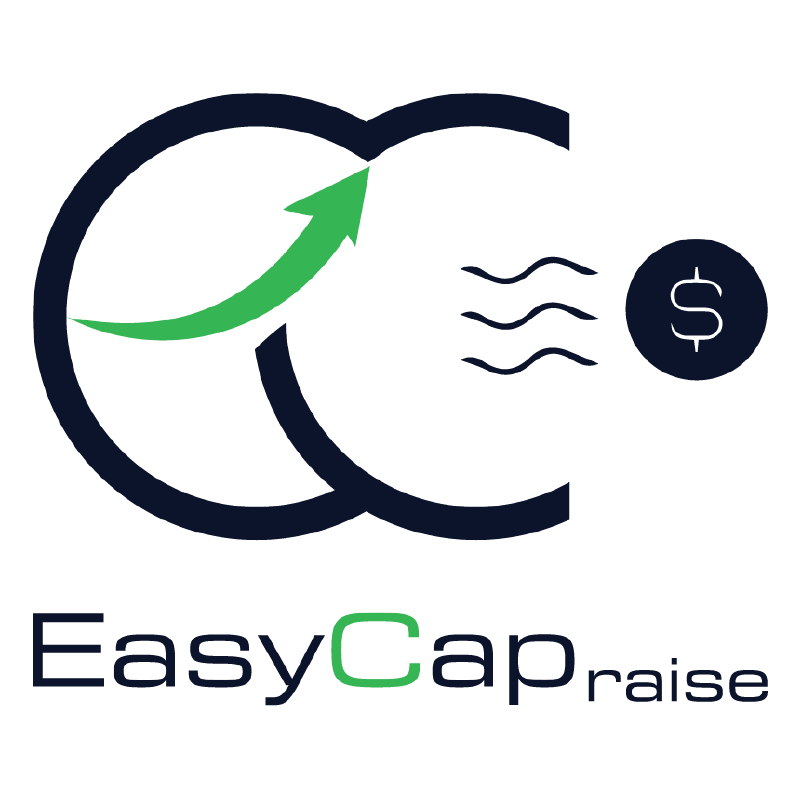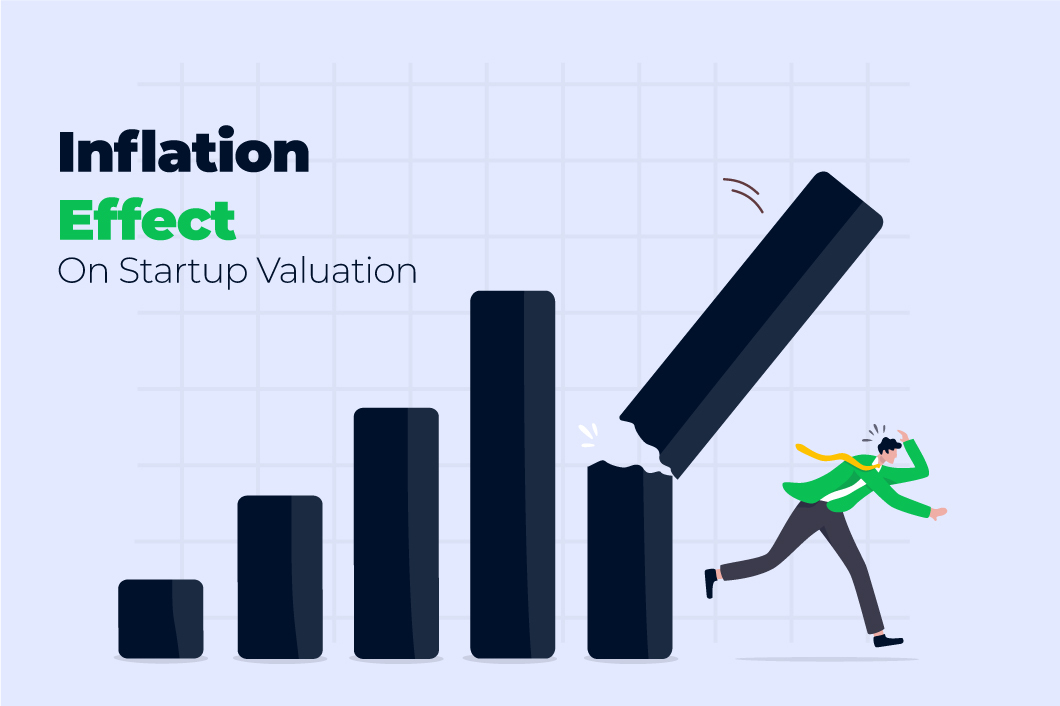How is startup valuation affected by inflation?
Inflation’s impact on financial assets can harm startup valuation. However, tangible goods like gold and collectibles may see positive effects. Price fluctuations also affect a company’s worth.
Key Takeaways:
- There are several strategies you can implement to counteract the adverse effects of inflation on your company’s value
- Inflation will impact the value and risk of your business by affecting their underlying factors
- If you are looking for a business that acts as a hedge against inflation, you can expect it to:
- Maintain pricing power over the goods and services it offers
- Have cheap input costs
- Engage in a line of work that involves quick and easy returns on investments
- Regarding risk, you want the business to have a sizable and consistent income stream and a low debt load.
How Does Rising Inflation Affect Businesses?
Commodity companies and corporations with pricing power perform best in inflationary settings. Knowing how inflation affects the value of your business can help you make more informed decisions about anything from product and service pricing to exit strategies and tax preparation.
The following, adapted from a recent article by Aswath Damodaran, Professor of Finance at the Stern School of Business, discusses the traits of companies that perform better during times of high inflation.
It also describes the effects of inflation on the drivers of value, namely expected cash flows, growth and risk.
The Effect of Inflation on Expected Cash Flows
-
Pricing Power
The total accessible market size and market share are related to pricing power. Businesses are better shielded from the effects of high inflation if they can pass price increases on to their customers. More price power exists for non-discretionary goods and services that cannot be postponed or replaced. However, businesses with intense competition have less price power than comparable enterprises with fewer rivals. Unfortunately, companies subject to price regulations are at the disposal of pricing decisions made by governmental or regulatory authorities.
-
Cost Structure
Pricing power and cost efficiencies determine cost structure. Businesses are particularly vulnerable to the consequences of increasing inflation if they have significant inflation-sensitive costs. Enterprises with a greater cost of goods sold are more adversely impacted by inflation than companies with lower manufacturing costs. Some businesses are particularly vulnerable to inflation, especially if they depend on factors that are highly sensitive to inflation, such as commodity prices, the cost of goods and raw materials, and the availability of skilled labour.
-
Investment Efficiency
The amount of investment required to expand is determined by growth/investment efficiency. Inflation has a more detrimental effect on businesses with fixed, long-term investment options. For instance, manufacturing and infrastructure enterprises typically need to commit significant sums of cash over longer periods of time than service or technology businesses. Businesses with more freedom and time to cancel or postpone investments are better equipped to withstand inflationary shocks than those with less freedom.
The Effects of Inflation on Risk
-
Cost of Equity
The rate of return needed by equity investors is the cost of equity. Inflation has a stronger detrimental impact on high-risk businesses. Companies in more unstable industries may have greater equity costs than riskier businesses that are less vulnerable to market and economic changes. Equity risk premiums may rise more significantly for businesses operating in risky nations than for companies doing business in places with more security.
-
Cost of Debt
The cost of debt is the price of borrowing money after excluding any tax benefits. Higher inflation has a greater detrimental effect on businesses more at risk of default. Debt costs may rise less for businesses with better, more consistent earnings than those with lower or negative earnings. Additionally, the effects of inflation may cause organizations with more debt to significantly increase debt expenses more than otherwise similar businesses with less leverage.
-
Failure Risk
Failure risk is the possibility that an adverse circumstance will endanger your company. Higher inflation has a disproportionately negative impact on businesses with higher failure risk. For instance, businesses with more established business models are less likely to fail than startups with unproven business concepts. Companies that have taken on a lot of debt have a higher failure rate than comparable businesses that have borrowed less.
What Can You Do to Counter Inflation?
The impact of inflation on the predicted cash flow, growth, and risk on your company’s value can be boiled down to these factors. Companies that can set prices for the goods and services they offer, have low input costs and make short-term, flexible expenditures will do better during times of high inflation. From a risk standpoint, businesses with substantial, consistent profit streams and lower debt do better in inflationary settings and will have greater purchasing power in the face of rising costs. Listed below are a few strategies for mitigating the negative effects of inflation on your business, as outlined in a recent Nasdaq article:
-
Increase prices
Examine the market to determine whether you are under-pricing your goods or services. The “why” of price rises should be clearly explained to customers by your staff. You should also perform last-chance promotions disguised as sales to eliminate excess inventory.
-
Improve operations
To further leverage fixed costs and raise profit margins, consider expanding your business or adding new products or services. To increase sales and negotiate raw material prices with suppliers, promote more of your best-selling products offline and online. Buy bulk from vendors who have offered you reduced rates in the past to boost your profit margins and maintain pricing control.
-
Revisit finances
Use credit cards that offer rewards to get something back for the money you spend on your business. To reduce the chance of future adjustable rates increasing, think about refinancing debt with high or variable interest rates to a lower fixed rate. Finding the most acceptable financial solutions for your company is best accomplished by consulting outside advisers.
Related Articles
Contact us
Good to have you here! If you have any queries, please leave your message. Our team will reach out soon:)
.








